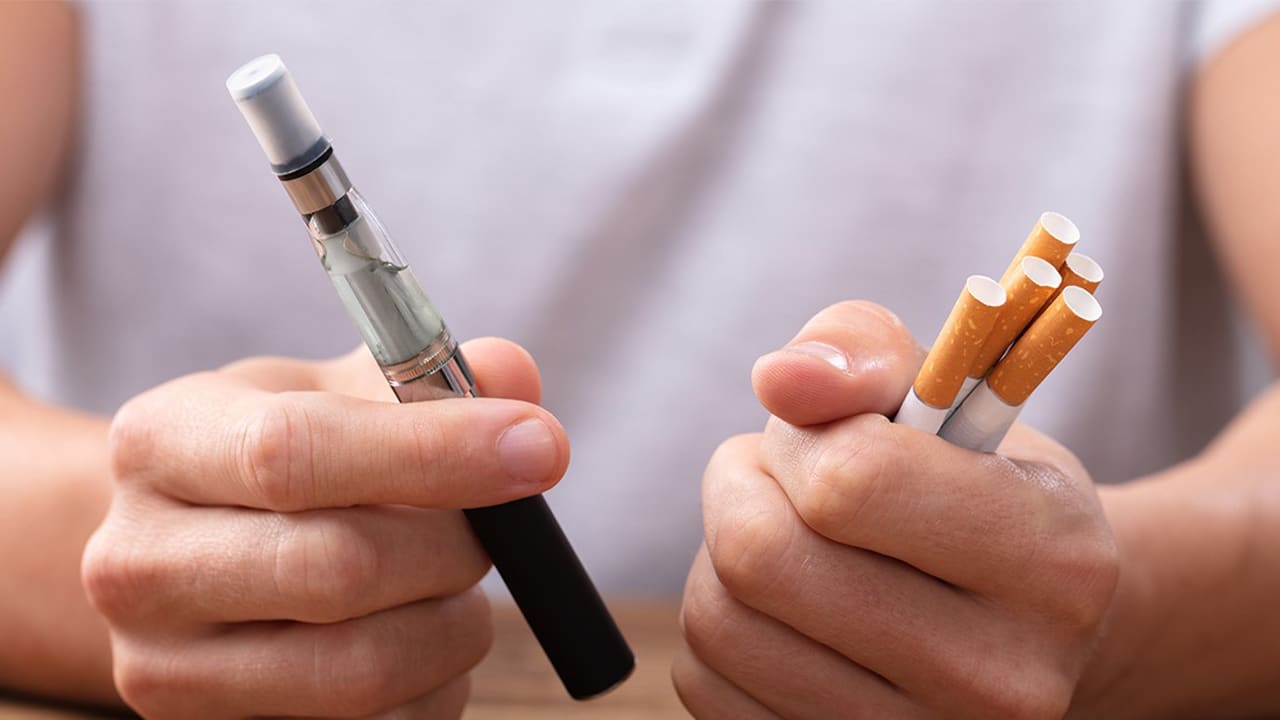By Saba Thaheem – General Medicine
The Federal Cabinet Committee for Disposal of Legislative Cases (CCLC) of Pakistan, in a recent move, has approved the Ministry of Health summary with regard to an SRO to regulate Heated Tobacco Products.
For Pakistan, a country where 15 million adults smoke cigarettes, what does this move entail?
A cigarette, upon burning, releases 6,000 chemicals, 100 of which are the primary cause of many smoking-related diseases including pulmonary and cardiovascular diseases.
Smoke-free alternatives, as the name suggests, eliminate the process of burning tobacco, thus eliminating the emission of smoke and consequently eliminating the release of toxic chemicals.
Some of these products, such as heated tobacco products, are designed in a way that they give smokers the same sense of ritual and feel so they can easily switch from cigarettes to these reduced-risk alternatives.
While at all times, the most effective response against the smoking epidemic has been to quit cigarettes completely, the prevalent global trend of smoking shows that only 3–12% of smokers are actually able to quit smoking completely.
Smoke-free alternatives, which are scientifically proven to be less harmful than cigarettes, therefore provide a more middle-ground approach for smokers who would otherwise continue to smoke cigarettes.
Several countries have been working on modifying their existing approach to tobacco control and have issued new guidelines to promote the use of less harmful products for adult smokers and reduce the burden of cigarettes on public health.
New Zealand, for example, has developed comprehensive strategies to promote the use of vaping, e-cigarettes and heated tobacco products, all types of smoke-free alternatives, among the existing smokers with the goal of creating a smoke-free society by 2025.
Recently, Thailand announced its plans to legalize e-cigarettes to help adult smokers quit cigarettes and reduce harm to their health. Japan has also been working on smoke-free plans to encourage smokers to switch to reduced-risk alternatives.
Dr. Rodríguez González-Moro, a Spain-based expert in pneumology, believes that regulation of alternatives is the key to reducing the burden of smoking on public health. “There is a need to find a middle ground: do no harm to young people and avoid the risk of those who use combustion tobacco.”
For Pakistan, setting a regulatory framework in light of scientific evidence available on the effectiveness of these less harmful, smoke-free alternatives and regulating them accordingly could dramatically reduce the number of smokers in the country and gradually help lead toward smoking cessation.
Reactionary knee-jerk responses of banning have never done any good. On the contrary, bans will only increase illicit penetration which would be disastrous for the economy and health of our people. Of course, policies such as setting a minimum age of purchase also need to be strictly implemented.
Given how different tobacco control measures have turned out through the decades, it is now time to supplement the efforts with smoke-free products under the right regulations.
Saba Thaheem is an MBBS graduate from Ziauddin Medical College. She cleared FCPS 1 in Medicine GMC Registered. Saba recently worked as an RMO at South City Hospital.





















